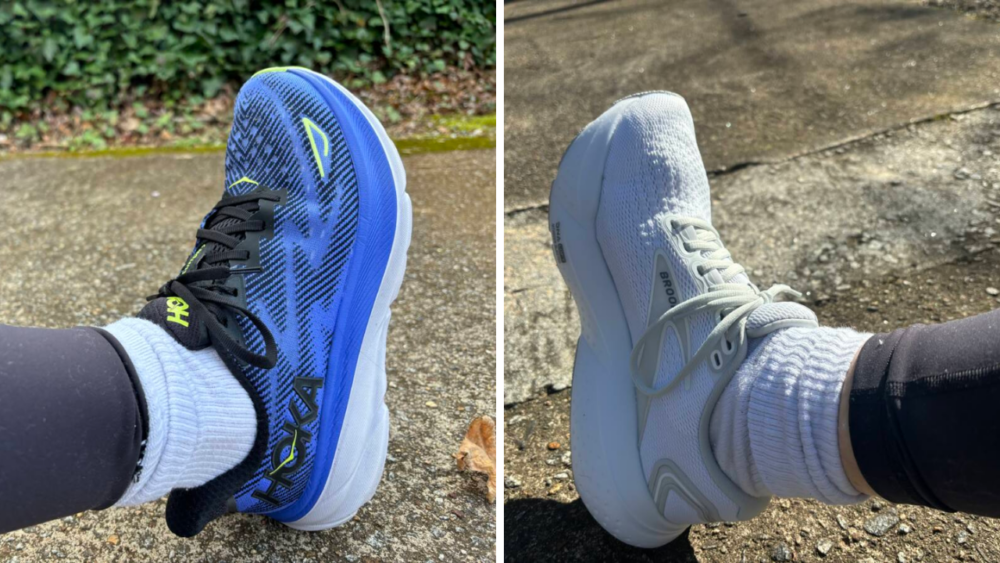These 7 Habits Could Help You Live Longer

Living a healthy lifestyle can not only help us get fit and stay in shape, but it can also extend the length — and quality — of our lives.
Although genes do play a slight role in the number of years we can expect to live, there have been many studies that show that certain habits can you help cut down your risk of disease and live longer.
You won’t have to ditch all conventional foods and go hide out in the middle of no where, but you can pick up on some small healthy habits that have a big impact.
If you’re hoping to live to see the triple digits, try adapting the following seven habits that have been proven to help you live a longer life.
1. Leave The Couch
It might be tempting to sit in front of the TV after a long day of work, but studies show that the more TV you watch, the greater your risk of dying at an early age. Even if you try to make up the sedentary time by exercising, there is still an increased risk, especially if you watch four hours or more of TV a day.
2. Get Some Sleep
If you’re getting less than six to seven hours of sleep per night, you could be putting yourself at risk for early death. Studies show that six to seven hours per night is the ideal number of hours to sleep, and getting more of that can have a negative effect as well, though it is less harmful than getting too few hours of sleep.
3. Floss
Although you may not think the health of your teeth can affect your lifespan, studies have shown that flossing daily can reduce the amount of gum-disease-causing bacteria in the mouth that is responsible for triggering inflammation in the arteries, which can put you at risk for heart disease.
4. Keep A Social Life
Studies have found that staying connected to friends and family can increase longevity. Although researchers are not sure the exact mechanisms why, they’ve found that having a good support group can help with stress, encourage healthy habits, and help decrease feelings of loneliness.
5. Have A Drink A Day
It’s no excuse to go overboard, but consuming one drink a day can help you stay healthy as you age. This can help lower your risk of diseases such as dementia, heart disease, and type 2 diabetes.


6. Exercise
Unsurprisingly, studies have found that people who don’t exercise are at the highest risk of death, while people who exercise between 150 and 450 minutes per week have the lowest risk. And you don’t have to do an extreme workout either; even moderate exercise such as walking can have a positive effect.
7. Don’t Retire Just Yet
A long-term study found that people who were invested in their work, and worked the hardest at attaining a career, ended up living the longest. Though it’s still important not to overexert yourself, putting your energy into something you’re passionate about, and staying active, can prove to be beneficial.











